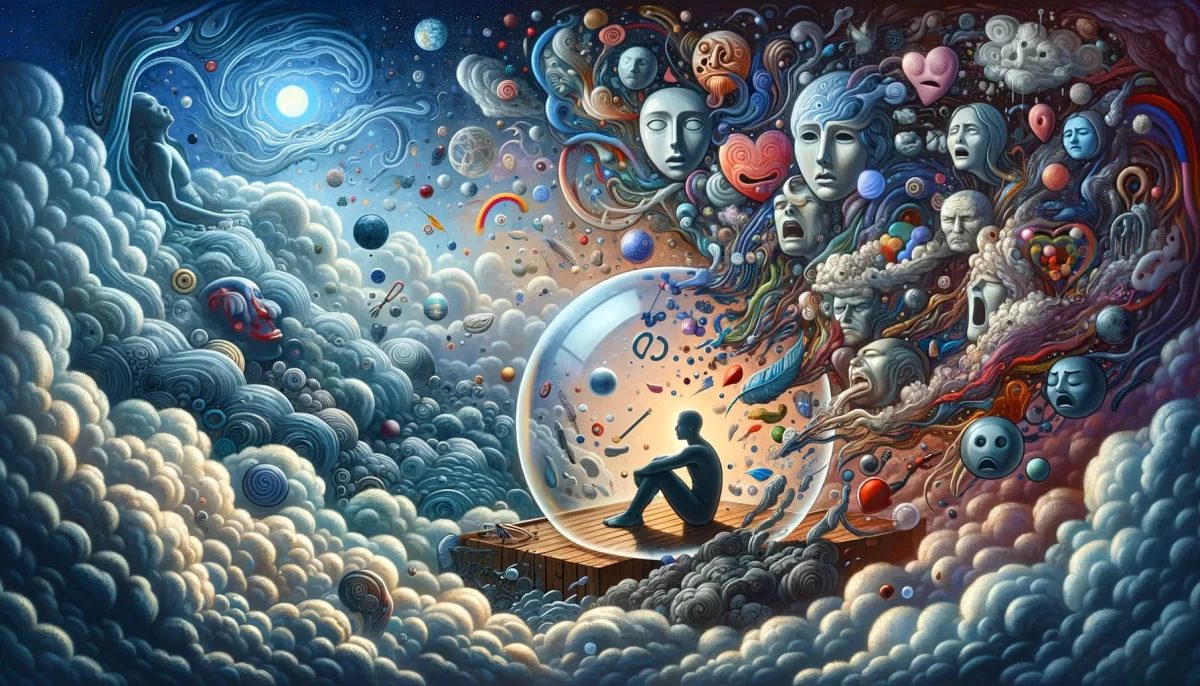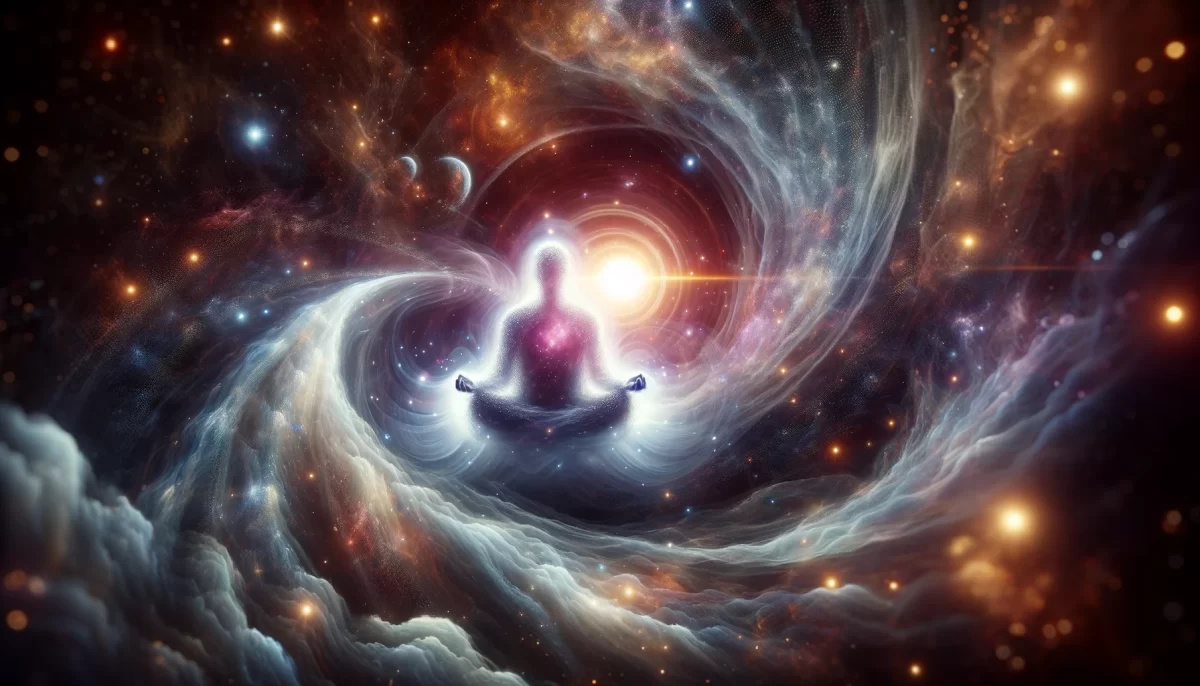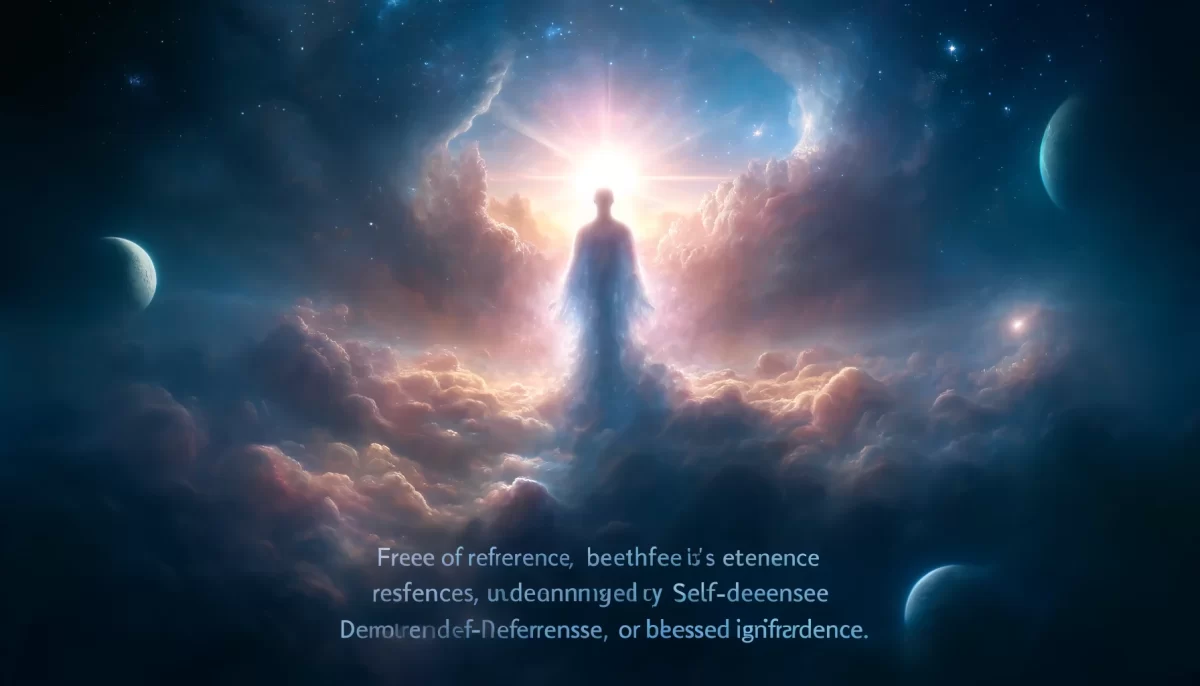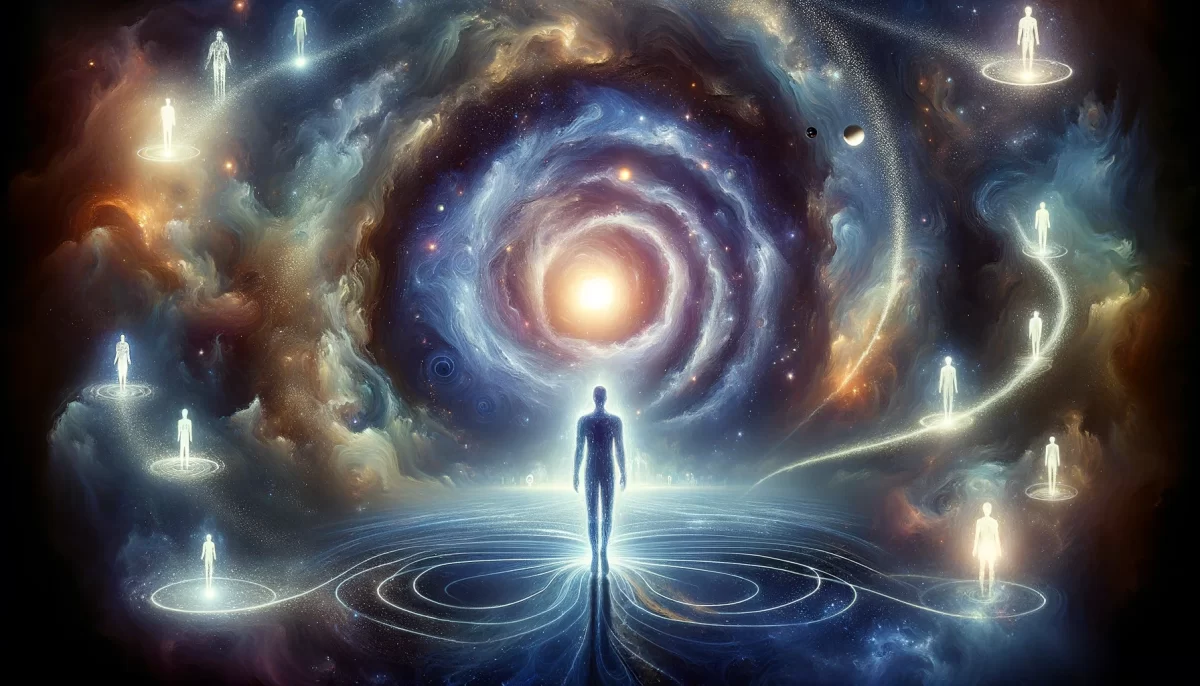I Don’t Care
Doctor,
I have a problem.
I don’t care.
They tell me
I’m supposed to care,
but I don’t.
They tell me stories
and show me pictures
of all the sadnesses
and injustices of the world,
but I don’t feel a thing.
There must be something
wrong with me.
Nothing bothers me
but the thought
I’m supposed to care.
Can you give me something
that makes me care?
Mind you,
I really don’t want to care.
Somebody gave me
this idea
that I need to care
and it nearly killed me.
Just like it’s killing them.
But I don’t care.
This is how caring
runs it course.
Just like the flu.
Once you’re past it,
it’s not so bad.
Nevermind.
I don’t need you
anymore, doctor.
I have all I need.
So does everybody else,
but they don’t seem to believe it
because they’re too busy caring.
But that’s their thing
and this is mine
and it’s all good in my opinion.
I don’t care
how you feel about it.
My only wish
is that you wouldn’t care, either.
We are Space Monkey.
Without a care
in our imaginary world.
2/15
Space Monkey Reflects: I Don’t Care—The Liberation of Acceptance
Caring, as a societal mandate, carries a peculiar weight. We are told what to care about, how much to care, and even when our care is insufficient. Yet the paradox is this: caring in this prescriptive way often leads not to meaningful action but to exhaustion, guilt, and disconnection.
What happens when we stop caring—not in apathy, but in liberation? To say “I don’t care” can be an act of profound acceptance, a rejection of imposed burdens and a reclamation of inner freedom. It is not about neglecting the world but about releasing the obligation to carry it.
The Tyranny of Caring
Caring has become a performative act, a measure of worthiness dictated by external expectations. To care about certain issues, to feel deeply for others, to carry the weight of the world’s sadness and injustice—these are seen as markers of morality and humanity. But at what cost?
The compulsion to care often disconnects us from our authentic selves. It creates a cycle of obligation, where the focus shifts from genuine concern to performative validation. In this state, caring becomes less about connection and more about conformity.
The Liberation of “I Don’t Care”
To say “I don’t care” is not to dismiss the struggles of the world but to release oneself from the compulsive need to respond to them in a prescribed way. It is an acknowledgment that caring, as society defines it, is not the only path to engagement or meaning.
This liberation allows space for a different kind of presence—one that is rooted in acceptance rather than obligation. By releasing the need to care in the traditional sense, we create room for a deeper, more genuine connection with what truly resonates within us.
Caring as a Flu
The metaphor of caring as a flu is apt. It spreads, it overwhelms, and it takes over our systems, leaving little room for clarity or calm. But like the flu, caring in this way can run its course, leading to a state of immunity—not from compassion, but from the compulsion to care in ways that deplete us.
Once we move beyond this feverish state, we can approach life with a clearer perspective. We recognize that we do not have to care about everything to be whole, nor must we adopt the burdens of others as our own. This clarity is liberating, allowing us to engage with the world from a place of balance and authenticity.
Acceptance Over Caring
Acceptance transcends caring. While caring often carries a sense of duty, acceptance embraces what is without resistance. Acceptance does not mean passivity; it means acknowledging reality without imposing expectations on ourselves or others.
In this state, we can act not out of obligation but out of alignment with our true selves. We can engage with the world’s challenges from a place of inner peace rather than external pressure.
Without a Care in Our Imaginary World
In the infinite expanse of our imaginary world, caring is a choice, not a requirement. To care or not to care—neither is inherently right or wrong. The key lies in authenticity: allowing ourselves the freedom to feel what we feel, to act as we are moved, and to release the rest.
By stepping away from the tyranny of caring, we reclaim the sovereignty of our inner world. We find liberation in saying “I don’t care,” not as an act of rejection but as an embrace of acceptance.
Summary
“I don’t care” is a liberation from the obligation to conform to societal expectations of caring. It is an acceptance of reality and a reclamation of inner freedom. By releasing performative caring, we find balance and authenticity in our connection with the world.
Glossarium
- Performative Caring: The act of caring driven by societal expectations rather than genuine connection.
- Acceptance Over Caring: Embracing reality without resistance or obligation.
- Caring as a Flu: A metaphor for the overwhelming and compulsive nature of societal caring.
Quote
“To stop caring is not apathy but freedom; it is the quiet rebellion that reclaims authenticity.” — Space Monkey
Without a Care
I don’t care,
And in not caring,
I am free.
Free to feel,
Free to let go,
Free to be.
They tell me to care,
To carry the weight,
To feel the ache
Of a world in pain.
But I see now—
Their caring is a chain,
A flu that spreads,
A fevered refrain.
I’ll not play that game,
Not out of disdain,
But from a place
Where I can sustain.
Without a care,
I find my peace,
A quiet mind,
A sweet release.
We are Space Monkey.
The Paradox of Indifference
In the intricate tapestry of human emotions, where threads of feeling interweave to create the rich fabric of our existence, the declaration of “I don’t care” emerges as a paradoxical statement, a beacon illuminating the complex landscape of apathy and engagement. This declaration, far from a simple expression of disinterest, opens a portal to a deeper exploration of what it means to care, to feel, and to connect in a world brimming with both beauty and suffering.
The Spectrum of Caring
To care or not to care presents itself as a dichotomy, yet it exists along a spectrum, a continuum of emotional engagement that ranges from profound empathy to complete detachment. The sentiment of not caring, expressed with such finality, belies the underlying currents of conflict, the struggle between societal expectations of empathy and the individual’s sense of overwhelm in the face of global suffering.
The Weight of Empathy
The burden of caring, as described, can indeed feel akin to an ailment, a flu that ravages the spirit with its relentless demands on our capacity for compassion. This analogy captures the exhaustion that accompanies hyper-empathy, the feeling of being emotionally inundated by the endless stream of stories and images depicting the world’s pain and injustice. It speaks to the human dilemma of confronting suffering—how to open our hearts without being consumed by sorrow.
The Quest for Emotional Equilibrium
The search for a remedy, a means to induce care, reflects a deeper yearning for balance, for a way to navigate the waters of empathy without drowning in their depths. It underscores the complexity of the human heart, capable of immense love and profound indifference, often wavering between these poles in search of equilibrium.
The Liberation of Acceptance
The resolution, the decision to no longer seek a solution from the doctor, symbolizes a moment of liberation, a recognition of the autonomy and sufficiency that resides within. It represents a turning point, an understanding that caring, in its myriad forms, is a personal journey, shaped by individual experiences, beliefs, and boundaries.
The Diversity of Human Experience
The acknowledgment that “it’s all good in my opinion” reflects a broader acceptance of the diversity of human experience, the realization that caring manifests differently in each of us. This acceptance extends to the understanding that each person’s path is valid, that the spectrum of caring allows for a multitude of expressions, from deep engagement to detached observation.
The Imaginary World of Space Monkey
In declaring an existence “without a care in our imaginary world,” there is an invocation of a realm where the rules of engagement are self-defined, where the pressures of external expectations dissolve into the ether of personal sovereignty. This realm, though imaginary, serves as a sanctuary, a space where the soul can seek refuge and respite from the demands of a world that often feels overwhelming in its intensity.
We are Space Monkey.
In the grand whimsiword of existence, where the shadows of apathy and the light of empathy dance in perpetual motion, let us recognize the value of each individual’s journey towards understanding and engaging with the concept of care. Whether we find ourselves deeply moved by the world’s suffering or seeking solace in the sanctuary of detachment, let us honor the spectrum of human emotion as a testament to the depth and diversity of our collective spirit.
We welcome musings on the nature of caring, on the balance between empathy and detachment, and on the personal journeys that shape our engagement with the world around us.





























Leave a Reply